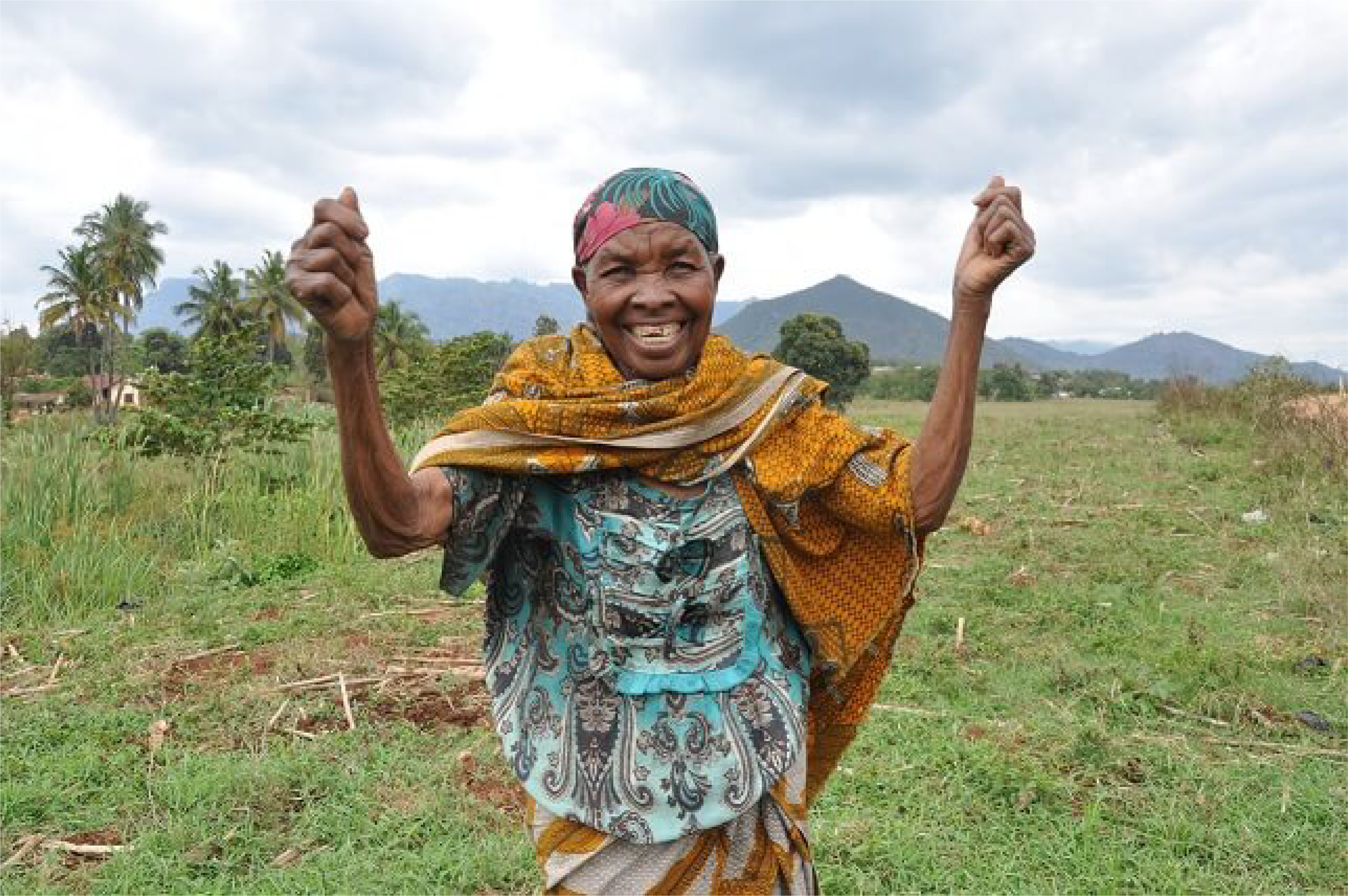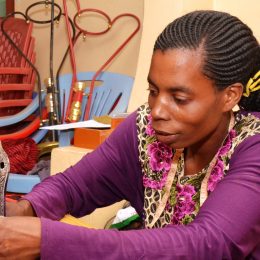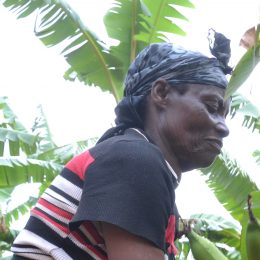We strive to
increase justice for all,
particularly for women
$47M
DISBURSED AS GRANTS
105,562
SUPPORTED GROUPS
426,349
LEGAL AID BENEFICIARIES
39.8M
LEGAL EDUCATION BENEFICIARIES
WE FOCUS ON DELIVERING IN 4 KEY AREAS
Accessible Legal Update
Increasing accessibility of quality legal aid services to the marginalized communities in particular women We focuses on increased accessibility of quality basic legal aid services for women and ma...
Empowered Communities
Promoting legally empowered communities, in particular women. We empowerment communities with legal knowledge through legal awareness and empowerment by legal aid providers and paralegals so that...
Condusive Environment
Enhancing a conducive environment for sustainable access to justice. We focuses on advocacy initiatives aiming at reforming structural inequalities within the access to justice system, advocating...
Insitutional Sustainability
Institutional development and sustainability of LSF and the legal aid sector We focuses on enhancing the performance and sustainability of LSF as an organization and on the other enhancing...
We are the leading non profit Organization promoting access to justice for all.
Legal Services Facility (LSF) is leading non-profit organization that strives to increase access to justice for all, in particular for women through a legal empowerment approach. Established in 2011...
Read more
What we Do

Paralegals fight for the rights
of women and little children
Testimonials

During the court hearing, I spoke like someone who knew the laws and people, particularly magistrates and police, were surprised and wondering where I got such knowledge and courage.
Msegena Jeremia
Geita Resident

I thank paralegals, who assisted me to claim my rights. Government officials, local leaders, land tribunals tried for 10 years but failed to reconcile us, but the paralegals have done it in three months.
Bertha Ntabazi
Kigoma Resident

When these boys (paralegals) came at Soni ward to talk to us about issues on legal aid, I felt like they had come purposely for me, to save me from injustice.
Fadhila Guga (Mama Bakari)
Tanga Resident
Our Partners



